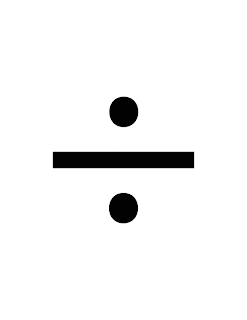Should you say "Individual" or "Person"?
We can only truly find ourselves when we make ourselves a gift to others. There is no life, happiness, or salvation without personal and social relationships. I perceive that contemporary man is finally coming to undersand this. We don’t want to be individuals anymore. We want to be connected. I want to be a person with personal relationships.
Question for comments: Play with the ideas in your mind. Do you want to have a personal relationship or an individual relationship with other people? How do words transform the way we speak? I’d love to hear your comments about this below. What are other examples of “language wars”?
Dive Deeper

GET CONFIDENT IN YOUR FAITH
Explore the fascinating world of Catholic teachings with Dr. Marshall. Together you’ll unpack the brilliant answers the Church gives to tough questions about the Faith. The best part: you go at your own pace. Start this exciting journey today.


